Riots are difficult enough for us to deal with, let alone for the ancients, who had neither police nor prisons and only late on housed troops in cities.
Since Athenian citizens — the poor — made all political decisions, and the state and the rich funded them, there was little for them to riot about. The two riots organized by oligarchs to destroy democracy failed.
But in republican Rome, political tensions between the rich and the poor could produce serious rioting, often designed to disrupt the voting. Tiberius Gracchus’ Bill (132 BC) forbade anyone from owning more than 120 hectares of public land (fifty soccer pitches), the excess being distributed among the poor at thirty hectares per family. After blood-soaked rioting, it was passed. As the republic collapsed, riots organized by elites competing for power multiplied.
After voting ended under the imperial system, the emperor was in total control. Like governors and the wealthy across the empire, he was expected to deal with famine, financial problems (debt, taxes), natural disasters, even unpopular political appointees, whose statues were smashed and homes burned. On big public occasions such as games, he took special pains to listen to the crowd’s concerns. It gave him a chance to show he cared, even on trivial matters: like complaints that the water in the public baths was too cold.
When it came to riots — we hear of professional political “stirrers” — the emperor first made a personal appeal to the rioters, stressing his clemency. If that failed, he would warn that troops might be called in; if they were, he would publicly urge moderation on them. Restoring the normal order of things for everyone: that was the emperor’s aim.
And it’s the same for our leaders today. For if it comes to more riots, they can now leave it to the despised middle classes to prevent the workers expressing, however foolishly, their genuine frustrations. Who needs police and prisons?
This article was originally published in The Spectator’s October 2024 World edition.



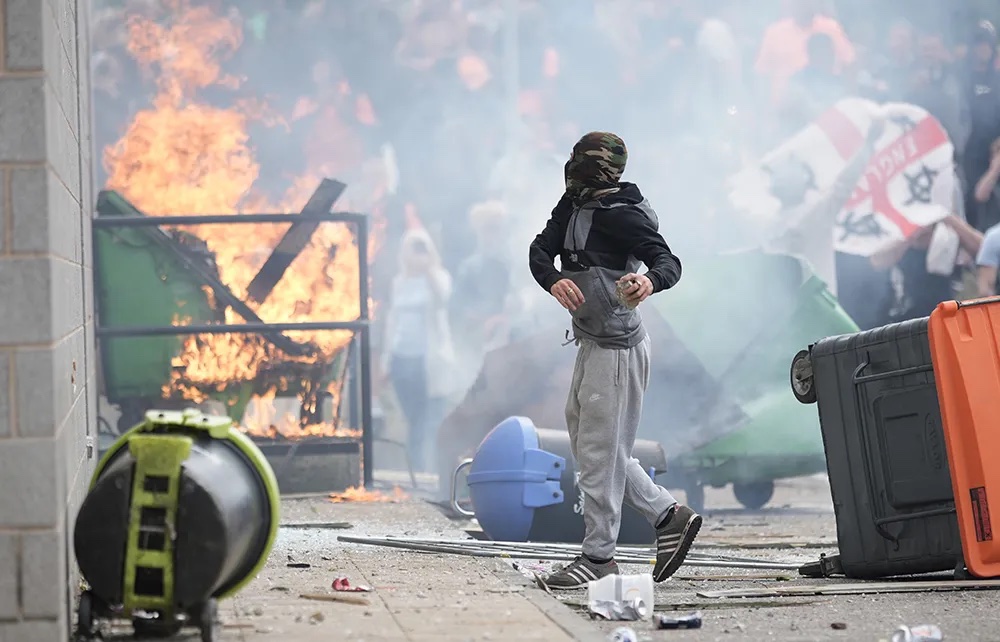






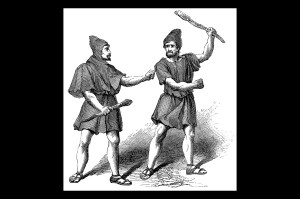



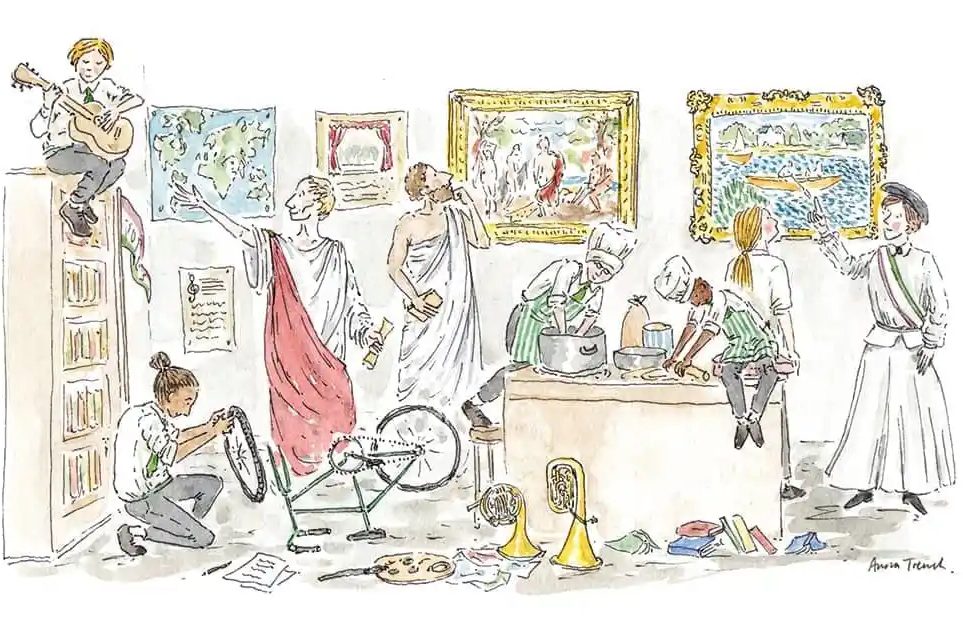
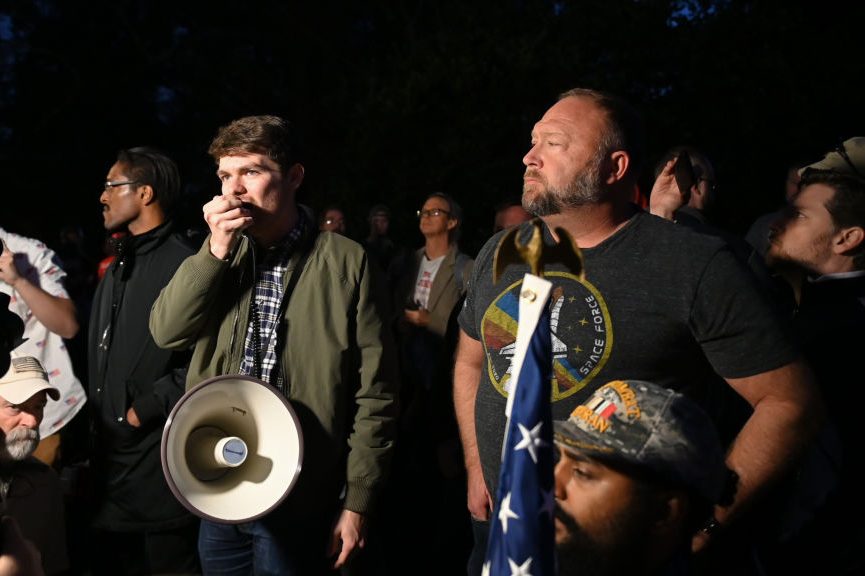
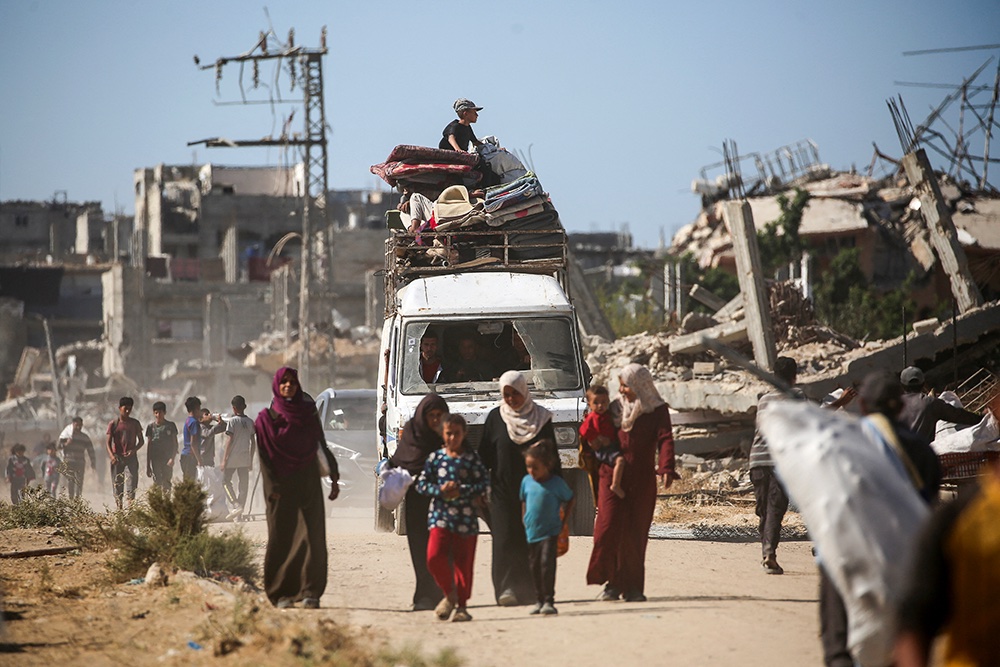









Leave a Reply